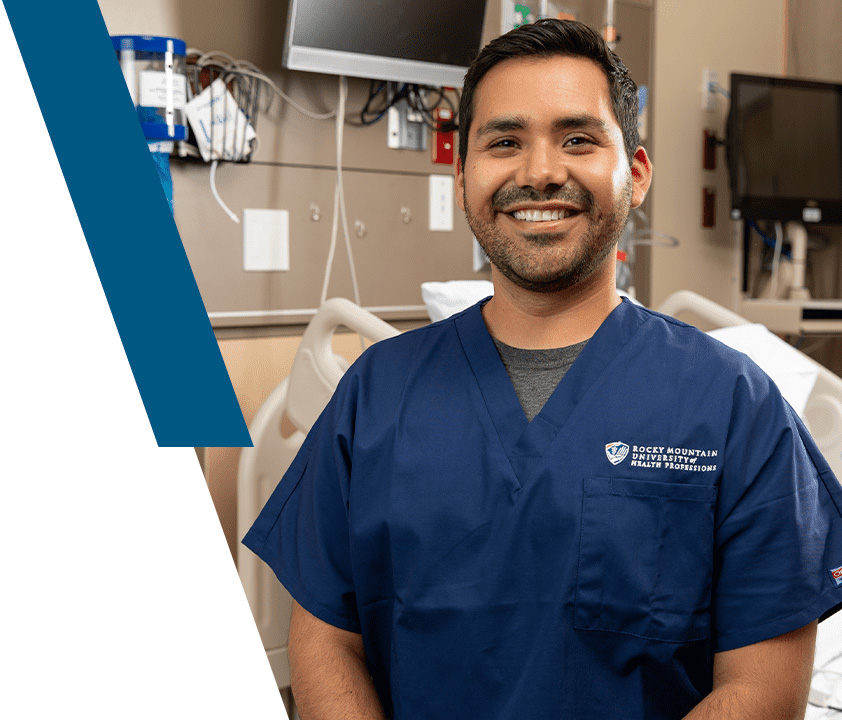Why Earn a Doctor of Occupational Therapy?
Specialize your practice. Build leaderships skills. Become the most competitive professional with the skills, experience, and credentials to take advantage of the expanding opportunities for occupational therapists.
Program Highlights
Designed for the Working Occupational Therapist
Our program is designed for the working occupational therapist. Most of our students are full-time working professionals with very busy schedules. We have students that have practiced for 10, 20, and 30 years, as well as students who have just entered the field. Although there are time commitment expectations, your course load aligns well with a full-time job; coursework and instructional materials are available to you 24/7.


Fully-Online Learning Model
Learn where you live! We offer a completely-online program option so that you can obtain this degree from the comfort of your home and don’t have to relocate or visit campus.
8 Concentration Track Options
- Advanced Practice
- Aging
- Assistive Technology
- Education
5. Hand Therapy
6. Leadership
7. Health & Wellness
8. Pediatrics


First Post-Professional OTD Program in US
As one of the United States’ first post-professional OTD programs, we have a rich history of helping occupational therapists to achieve their professional goals and dreams. Over the last 20 years, our program has enabled more than 800 occupational therapists to obtain their doctorate and to move into prestigious careers as educators, scholars, leaders, business owners, and advanced practitioners.
